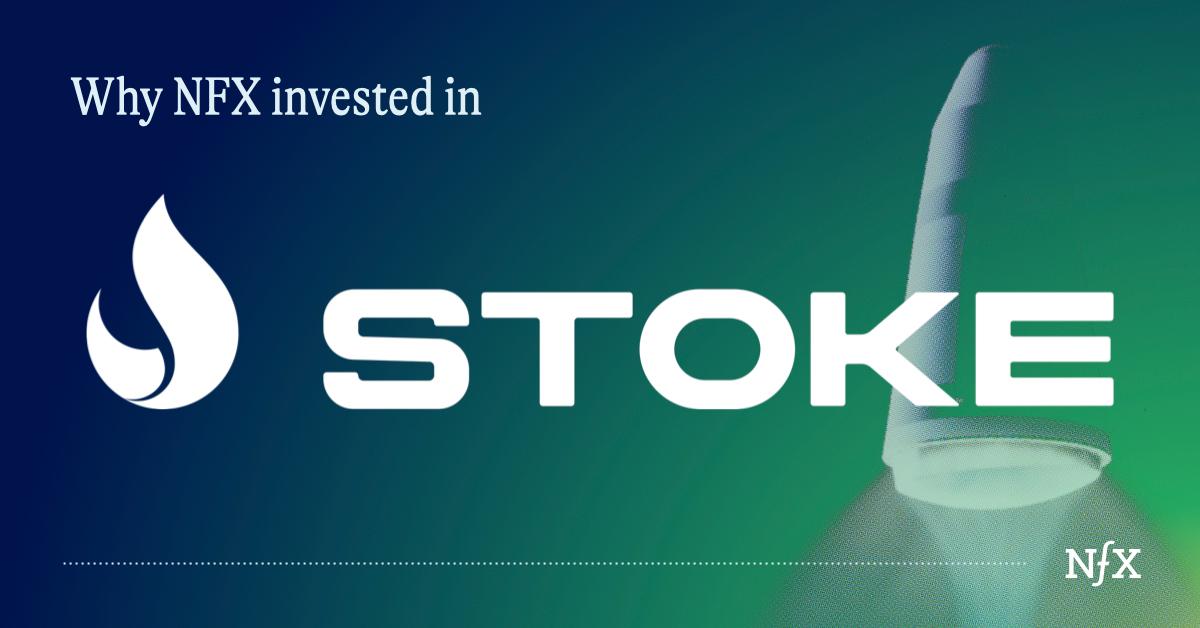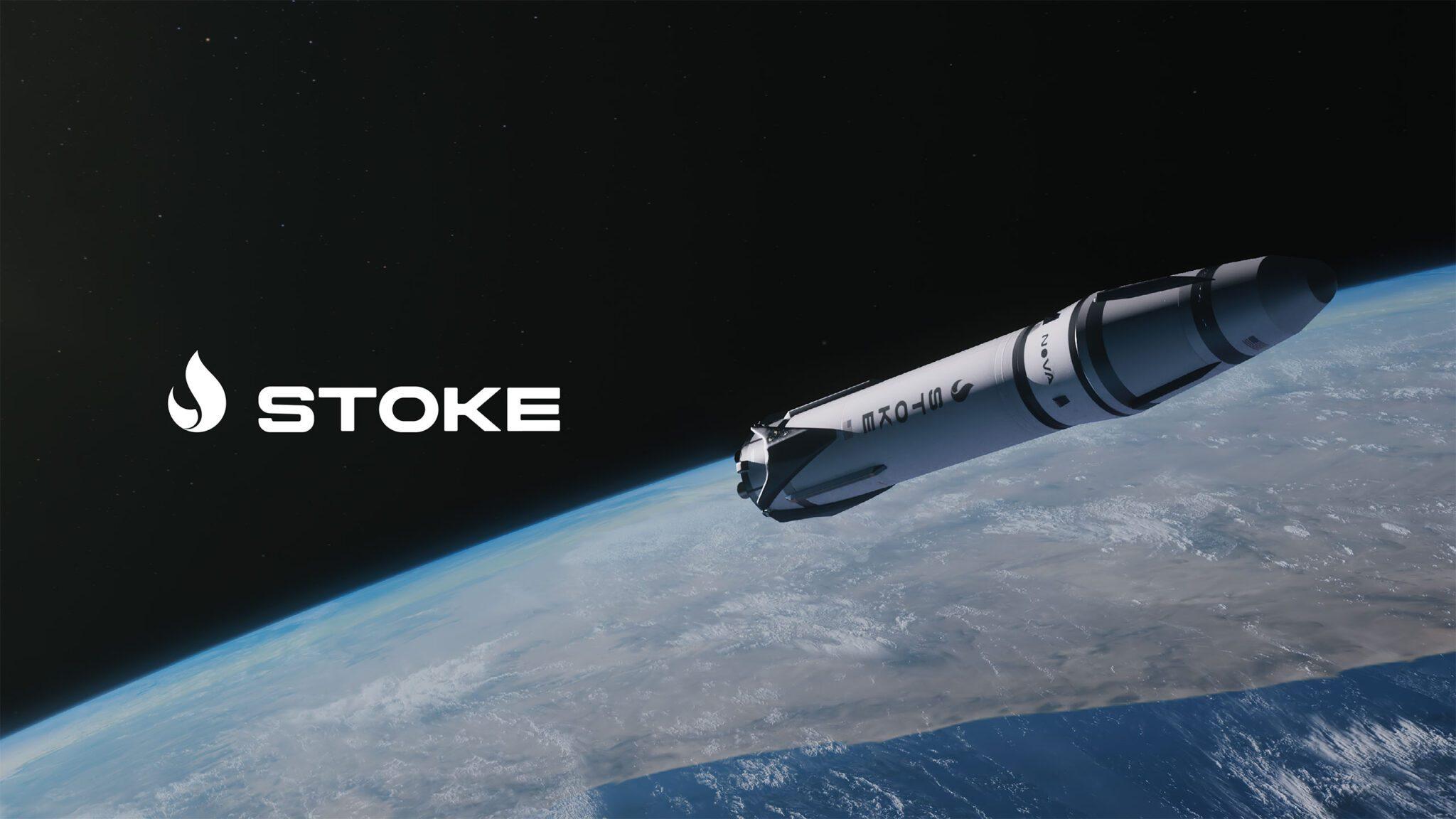

Close your eyes. It’s 1969 and you just watched Neil Armstrong walk on the moon. You both can and can’t believe it. How did this happen? A man just walked on the moon! And how proud do you feel to be an American?
Now tell yourself it’s 2023. No one has walked on the moon in 50 years. Not one man nor woman. Now you really can’t believe it. How has no progress been made?
Well, some has. But not enough. And now I have your attention.
Historically, rockets have been disposable. NASA has spent billions of dollars on rockets that could only be used once. Endless dollars and endless man-hours go into making a rocket. That then effectively gets thrown away.
So then SpaceX is born, and the game is partially changed. Falcon 9 is partially reusable. This change significantly lowers costs, but it just isn’t enough. Every time there is a Falcon 9 launch, a very large part of a very expensive thing (again both in terms of dollars and man-hours) gets thrown away.
And that just isn’t good business.
James T. Kirk had it right. Space is the final frontier. But this is only possible if getting to (and from) space is economically viable. And the only way to do that is if you don’t explode a very expensive thing every time you need to get there.
In theory, there has to be a way. In practice, there hasn’t been one. Until now.
Enter Stoke Space.
Stoke is building the most robust 100% reusable rocket. Not only are their rockets fully reusable, they are also rapidly reusable. Fully reusable does wonders for costs, but once we can reuse that rocket 100 times a year, that’s when the magic happens.
Back in 2021, NFX led Stoke’s $9.1M Seed round.
Today, Stoke is announcing a $100M Series B from NFX, Industrious Ventures, the University of Michigan, Sparta Group, and other new and existing investors.
Here’s why we decided to double down.
1. We’re in the Tall Ships Era of Space
Transportation costs precede innovation. We already took you back to 1969, but now let’s go back to 1492.
Christopher Columbus is out there, and it’s wild. Sailing, effectively into the abyss, was dangerous, expensive, and, each mission had a high rate of failure.
It would have made no sense to go on vacation with your family abroad, or manufacture overseas.
So little sense, in fact, that those ideas weren’t even conceived.
And that’s kind of where we are with space. In theory, it will make sense to do x, y, & z in space. But the economics are so implausible right now that we don’t even have the mental models to brainstorm those theories.
Part of the hypothesis – not only on “why Stoke” but also on “why space” – is that if (when) transportation costs come down, then the space economy will truly take off.
2. Protecting & Ensuring America’s Access to Space
This is where I try to tie together stablecoins and space. Hear me out.
China has their belt and road initiative:
Phase 1: Physical infrastructure (ports & roads)
Phase 2: 5G (see: Huawei)
Phase 3: Digital money
Phase 4: Space
When I started Libra at Facebook (Meta), Phase 3 is what got me out of bed in the morning.
Now it’s Phase 4. (Although there’s a chance that those two are inverted… time will tell.)
Both stablecoins and space are matters of national security. Both digital money and exploration of outer space are matters of when, not if. The United States has to have confident answers and players.
Unlike in 1969, space talent and funding have moved from the public sector to the private sector. Currently, a lot of that talent, funding, and access is concentrated in one company. And that one company is awesome: SpaceX pioneered the commercial space industry, and single-handedly created the category of reusable rockets. Neither the space industry, nor America’s space program would be where they are today without that.


A rendering Nova, Stoke’s rocket in orbit
That said, “we” (both the United States and the Western World) can’t have all of our launch eggs in one basket. This isn’t a Coke vs. Pepsi debate. This is an entire segment of our economy and national security being dominated by one company.
We need reusability and we need diversification.
But first and foremost, we need capabilities. Between 2011 and 2020, the United States was solely reliant on Russia to provide our astronauts transportation to space.
That’s unacceptable.
Stoke will increase America’s launch capabilities while decreasing America’s launch dependency risks and costs.
3. Goddamn Studs
Andy Lapsa and Tom Feldman are among the best founders I have ever worked with.
They are ahead of schedule and under budget from projections they put in their Seed deck. They consistently underpromise and overdeliver. They have the greatest company culture. They were the first company to get their money out of SVB. They have the best update emails. They are also recruiting machines and have built a team of solid 12/10s.
All in just 4 years. And they’re literally building rockets.


The Stoke Space team
In 2021: NFX led their $9.1M Seed round.
Also in 2021: Stoke raised a $65M Series A led by Bill Gates-backed Breakthrough Energy Ventures, and In-Q-Tel, a VC firm backed by the US defense and intelligence community.
In 2022-2023: Stoke unveiled their first prototypes, conducting at least 22 static test fires. Recently NASA awarded them the historic Launch Complex 14 at Cape Canaveral used by John Glenn, the first American to reach orbit. Stoke also unveiled their first prototypes and conducted successful hopper tests.
Now in 2023: They’ve raised their $100M Series B.
So it’s fair to say we are stoked on Stoke. I keep trying to come up with a better adjective, but I’ve decided to stick with it.
You’ll be hearing a lot more about them at stokespace.com.
As Founders ourselves, we respect your time. That’s why we built BriefLink, a new software tool that minimizes the upfront time of getting the VC meeting. Simply tell us about your company in 9 easy questions, and you’ll hear from us if it’s a fit.
